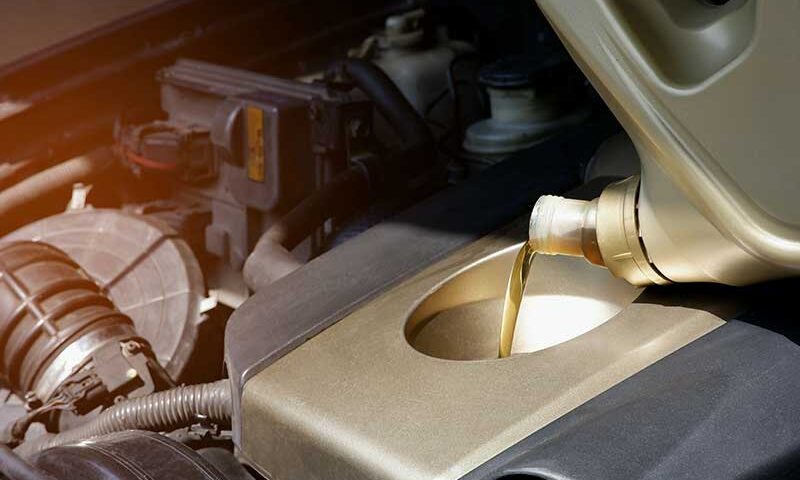When to Change Your Engine Oil A Simple Guide

Troubleshooting Car Alternator Problems
November 8, 2023
Coughing Engines Addressing Black Smoke Issues
January 13, 2024Consistent engine oil changes are essential for preserving the engine’s health and longevity. However, there is frequently some uncertainty regarding the precise moment at which engine oil should be changed. Does it occur every 3,000 miles, as the conventional wisdom dictates? Is it possible to extend the interval between oil changes when using synthetic lubricants and modern engines? We will clarify the procedure and assist you in determining the optimal time to change your engine oil in this straightforward guide.
Obtain the Owner’s Manual
Consultation of the owner’s manual is the initial stage in determining when to change the engine oil. This manufacturer-supplied document contains oil change interval recommendations specific to the make and model of your vehicle. Since engine manufacturers have conducted extensive research to determine the ideal intervals for oil changes, this source of information can be considered dependable.
Reflect on Your Driving Practices
Your driving behaviors significantly influence the frequency with which you should change the oil in your engine. Your engine may necessitate more frequent oil changes if you frequently perform stop-and-go city driving, tow large loads, or drive in extreme temperatures, all of which place increased strain on it. Alternatively, if you drive at a constant speed on the highway for the most part, you may be able to extend the interval between oil changes.
Be Vigilant Regarding Oil Change Indicators
Numerous contemporary automobiles are outfitted with oil change indicator systems, which monitor the engine oil’s condition and provide an alert when it is time to change it. These systems consider a multitude of variables, such as the mileage, engine temperature, and revolutions per minute. A message or an indicator light that illuminates will indicate when it is time to schedule an oil change.
Recognize the Oil Type
Additionally, the variety of oil utilized influences the suggested oil change interval. In general, synthetic oils have a greater lifespan than conventional lubricants, which necessitate replacement every 3,000 to 5,000 miles. In contrast, synthetic oils can frequently last for 7,500 to 10,000 miles or even longer. For optimal performance of the engine, use only the type of oil specified in the owner’s manual.
Frequent Inspection of the Oil Level
In addition to performing routine oil changes at the recommended intervals, it is prudent to routinely inspect the level of engine oil. To accomplish this, utilize the dipstick that is supplied within the engine compartment. A notable decrease in oil level between oil changes could potentially indicate a problem that requires immediate attention, such as an excessive oil consumption rate or a spill.
Conclusion
The process of determining when to change the oil in your engine need not be difficult. One can maintain optimal engine lubrication and protection through the following measures: consulting the owner’s manual, evaluating driving practices, monitoring oil change indicators, applying the appropriate type of oil, and conducting routine oil level checks. Keep in mind that routine engine maintenance is essential for extending the life of your vehicle and averting expensive repairs in the future.


